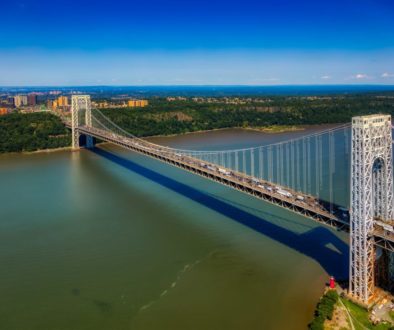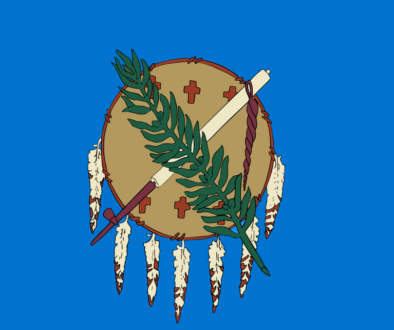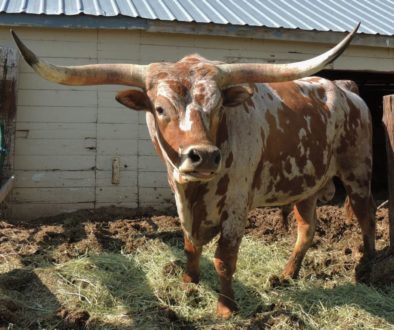Michigan
History: Prior to European exploration, Michigan was inhabited by the Algonquian Native Americans. There were three nations, made up of the Chippewa, Ottawa, and Potawatomi, three groups that co-existed peacefully as the “The Council of Three Fires”. Michigan was first explored by the Etienne Bruie expedition in 1622, and claimed for France. Jacques Marquette founded the first permanent settlement in 1668 at Sault Ste. Maire. The French lost control of the area to the British as a result of the French and Indian War. After the Revolutionary War, the U.S. gained control and Michigan became part of the Northwest Territory. Michigan became the 26th state on January 26, 1837.
Economy: Michigan is known for being the center of the American automotive industry. Other products and services that contribute greatly to its economy are food products, information technology, aerospace, military equipment, furniture, and mining of copper and iron ore. The third largest Christmas tree grower in the U.S. is Michigan. It is home to the headquarters of some major soft drink companies as well as two of the top four pizza chains.
Climate: Michigan’s climate is primarily continental, having two distinct regions. Warmer climate is in the southern and central parts of the Lower Peninsula; and from the Grand Rapids area southward. They have hot summers and cold winters. In the northern part of the Lower peninsula and the Upper Peninsula has more severe climate, with warm, but shorter summers and longer, cold to very cold winters. From December through February, some parts of the state can get an average of almost 160 inches of snow. Parts of the southern border can get up to about 17 tornadoes per year.
Geography: Michigan is shaped like a mitten, with the thumb, being the part of the peninsula that projects into Lake Huron. The other part of Michigan is also a peninsula, between Lake Superior and Lake Michigan. The state has numerous lakes and marshes, as well as the second longest shoreline of any state. Michigan has many large islands, a few small rivers, and more than 11,000 lakes. You don’t have to travel more than six miles anywhere in Michigan to reach a lake or river; and no more than 85 miles to reach one of the Great Lakes. It has the largest state park and state forest system of any state. The Upper Peninsula has a lot of mountains, including the Porcupine Mountains, one of the oldest mountain chains in the world.
Fun Facts:
- Detroit is the car capital of the U.S.
- Michigan is the only state that touches four of the five Great Lakes.
- Michigan has 116 navigational lights and lighthouses.
- Michigan is also known as the ‘Wolverine State’.
- The first zoo in America to feature cageless, open exhibits that allowed the animals more freedom to roam, is the Detroit Zoo.
- Michigan has a floating post office, the only one in the world.
Points of Interest:
- Mackinac Island
- The Henry Ford Museum in Dearborn
- Sleeping Bear Dunes along Lake Michigan
- Tahquamenon Falls State Park in Paradise
- Great Lakes Shipwreck Museum at Whitefish Point
- Isle Royale National Park
Six additional sites to visit for more information:
www.planetware.com//michigan_attractions




